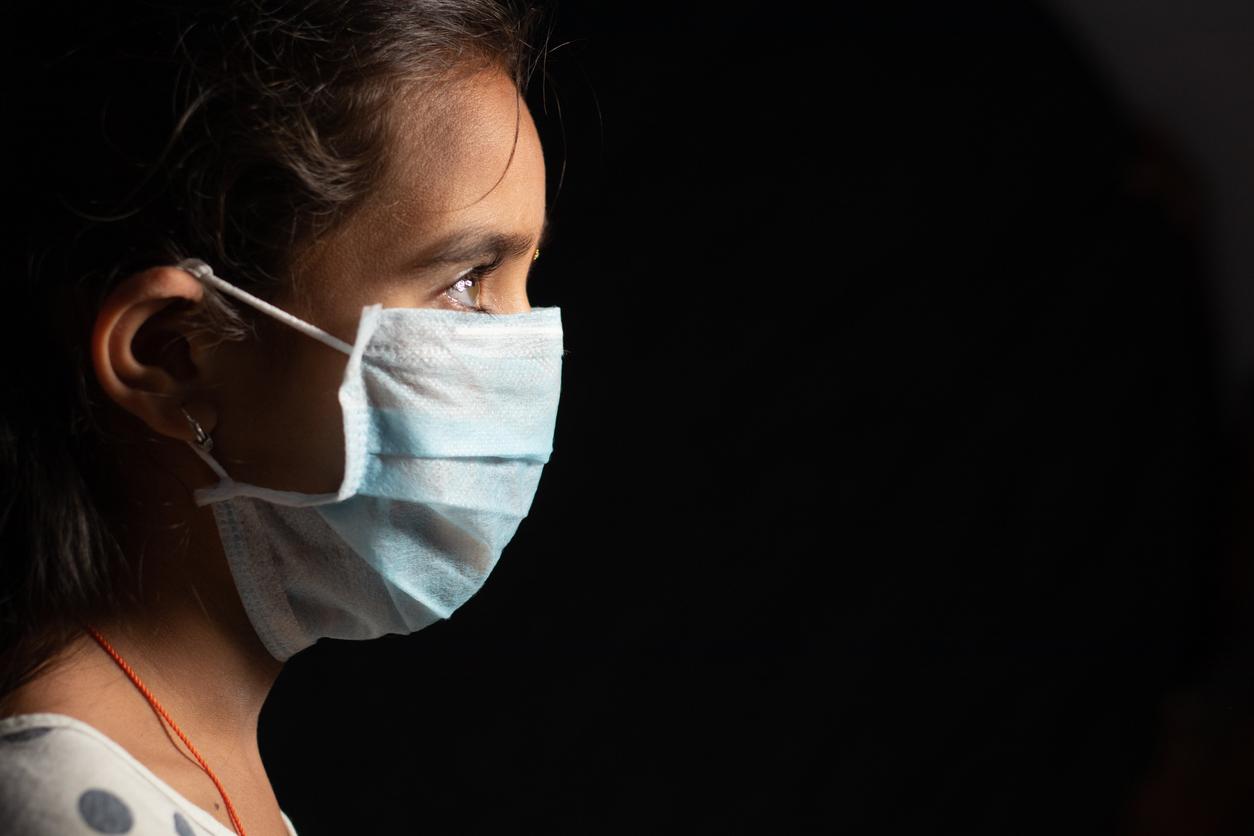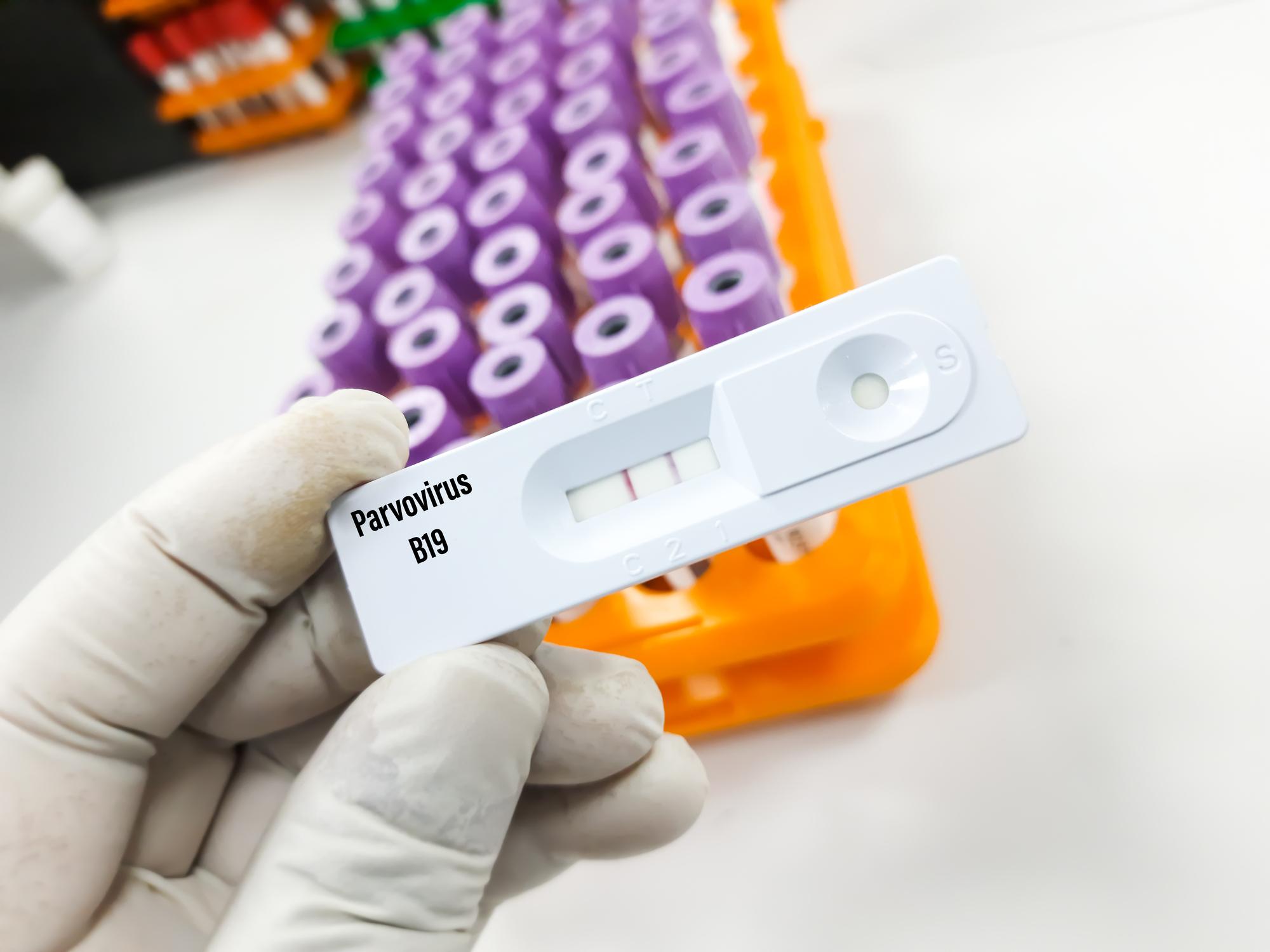A recent study found an increase in the number of girls experiencing precocious puberty during the Covid-19 pandemic, likely due to lifestyle changes during this time.

- Researchers identified 61 cases of precocious puberty in girls between March 2020 and June 2021 compared to 72 cases between January 2016 and March 2020.
- Precocious puberty occurs when children’s bodies begin to transform into adult bodies too soon. The physical changes appear before the age of 8 years.
- According to the researchers, this increase could be linked to obesity and a less healthy lifestyle. girls diagnosed with precocious puberty during the COVID-19 pandemic tended to have higher BMIs.
The Covid-19 pandemic seems to have had unexpected repercussions on the children. A study from the University of Genoa shows an increase in cases of precocious puberty in girls, that is to say the appearance of the first physical changes such as the development of the chest before the age of 8, during the epidemic of SARS -CoV-2.
Early puberty : almost as many cases during the pandemic as in 4 years
Researchers assessed the incidence of precocious puberty before and after the Covid-19 pandemic among girls in Italy. They counted 61 cases between March 2020 and June 2021. This equates to four new cases per month. HAS By way of comparison, there had been 72 cases of precocious puberty before the crisis, i.e. between January 2016 and March 2020. These results, published in the journal Journal of tea Endocrine Society the 3 august 2023, suggest a significant increase in cases during the pandemic.
“Our study confirms the increase in precocious puberty diagnoses during Covid-19 and identifies contributing factors such as poor dietary and exercise habits, too much screen time and sleep disturbances”says Dr. Mohamad Maghnie from the University of Genoa.
Puberty early and Covid-19: obesity and lifestyle in question?
Indeed, in addition to confirming an increase in cases of precocious puberty during the pandemic, transalpine work seems to have brought to light a possible cause for this disorder: an unbalanced lifestyle. Indeed, girls diagnosed with precocious puberty during the Covid-19 pandemic tended to have a body mass index (BMI) higher than those who did not suffer from it. The team also noticed that these patients spent an average of 2 hours a day using electronic devices, and 88.5% of them had stopped all physical activity.
“We found an increase in weight gain in girls diagnosed with precocious puberty during the pandemic, and a rapid rise in body weight is associated with advanced pubertal development”indicates the researcher in a communicated.
But he acknowledges that other factors may also explain the increase in cases observed in recent years. “The role of stress, social isolation, increased conflict between parents, economic status, and increased use of hand and surface sanitizers represent other potentially interesting hypotheses as to why the precocious puberty increases in young people. Although the consequence of biological adaptation cannot be entirely excluded”concludes the expert.

















